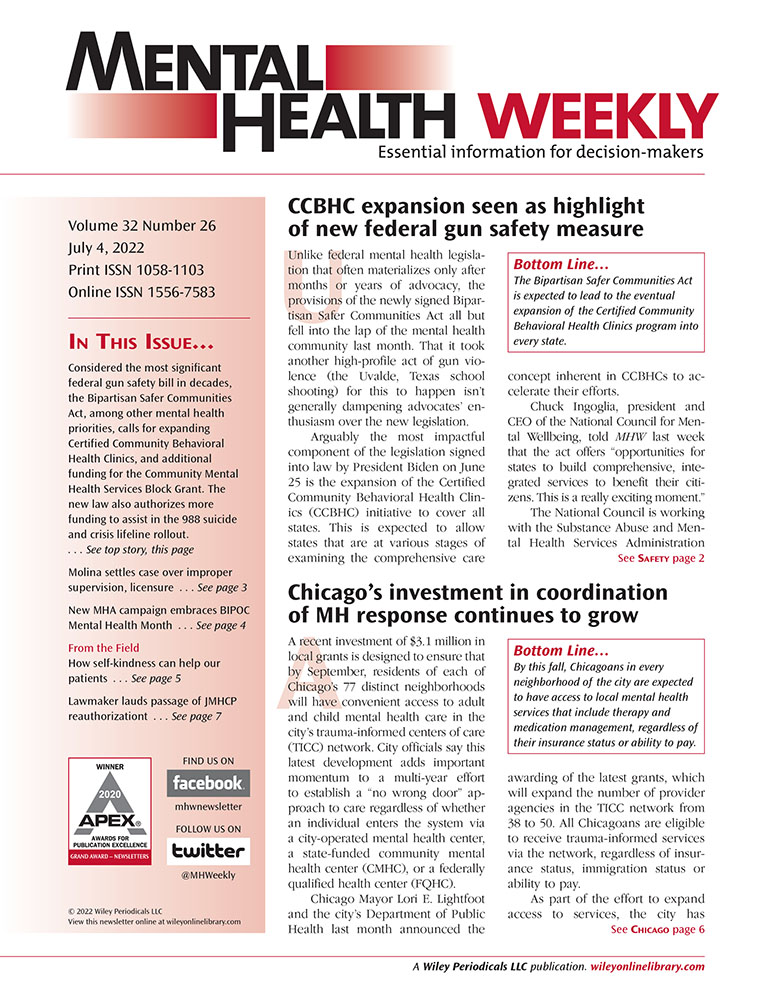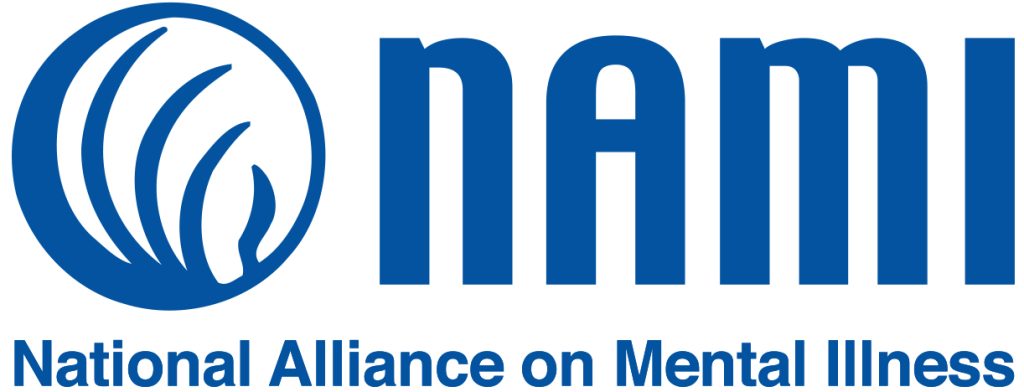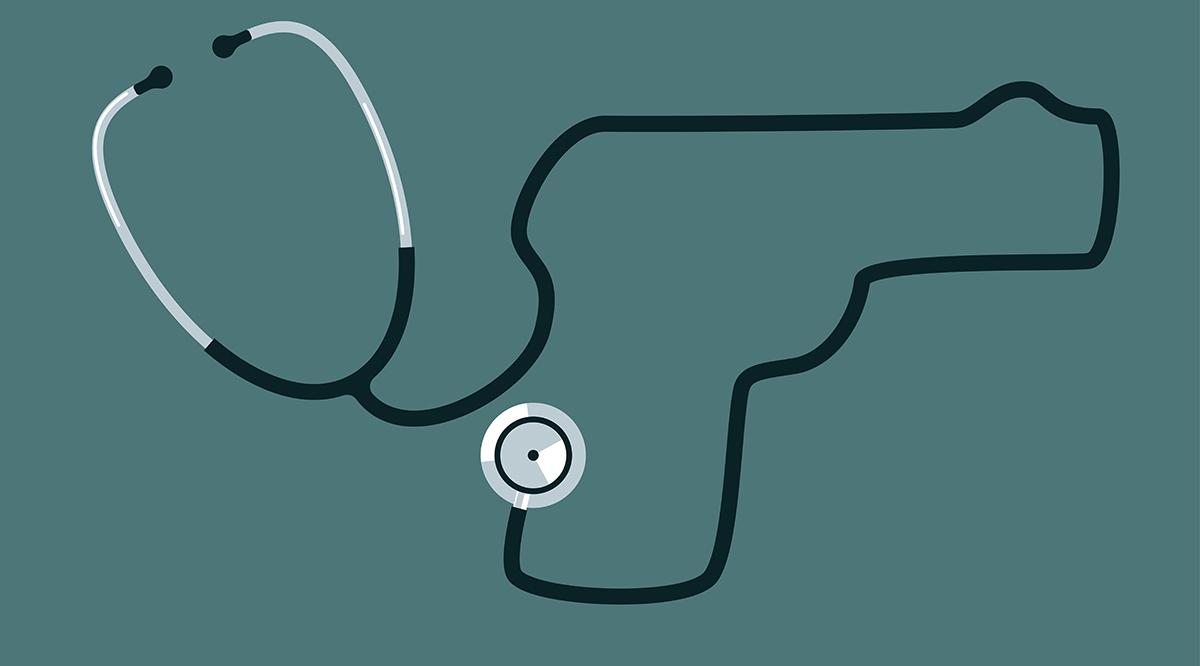The New Gun Law Also Helps Address the U.S. Mental Health Crisis
Social Justice Policy Brief #37 | By: Geoffrey Small | July 25, 2022
Header photo taken from: AAMC
Follow us on our social media platforms above
Browse more social justice policy briefs from the top dashboard

Photo taken from: Time, The Associated Press
Policy Summary
On June 25th, 2022, President Joe Biden signed The Bipartisan Safer Communities Act. The Congressional Bill is a measure touted to address gun safety. However, this bipartisan legislation is the culmination of almost a decade of mental health advocacy spearheaded by Republican Senator Roy Blunt and Democratic Senator Debbie Stabenow. The most effective measure of this bill may be the record $8 billion in funding allocated to school programs and mental health programs.
The mental health crisis has steadily increased since the national closing of psychiatric care hospitals in the fifties and sixties. It may become exponentially worse as people are grappling with obstacles they’ve experienced during the COVID-19 pandemic. Exploring the data related to this growing crisis can help clarify why targeted funding was developed to bolster federally certified health clinics, which serves as a comprehensive and innovative model for mental health and substance abuse.
Policy Analysis
The National Alliance of Mental Illness provides data collected in 2020 on the state of mental health and substance abuse in the United States. NAMI reported that 1 in 5 adults have experienced mental illness annually.
Also, 32.1% of adults with a mental illness disorder experienced substance abuse issues. Mental Health America reports that suicidal ideation among adults has increased every year since 2011. More than half of U.S. adults who are experiencing mental illnesses do not receive treatment.
This lack of treatment is also true for youths with major depression, as more than 60% have not received the help they need. 15.08% of youths experienced a major episode of depression this past year, which is a 1.24% increase from the previous year. Most organizations have not yet provided comprehensive data on the COVID-19 pandemic’s impact on mental health. However, the World Health Organization reported a recent increase of 25% in the prevalence of anxiety and depression globally.
Based on this sobering data, targeted legislation could not come at a better time. The Substance Abuse and Mental Health Services Administration graph, illustrated below, corroborates Mental Health America’s assessment that all demographics were already experiencing a significant increase in major depressive episodes before the pandemic, and some of the biggest increases involves youth groups.
One solution the new gun law provides is the expansion of Certified Behavioral Community Health Clinics.

Photo taken from: Wiley Online Library
(click or tap to enlargen)
These federally funded clinics are designed to treat anyone who requests help for mental health and substance abuse issues, regardless of their ability to pay. Senator Stabenow first introduced legislation in 2014, which led to a trial development of over 300 certified clinics in forty states.
A 2021 Government Accountability Office report indicated that these clinics saved the State of New York more than $1 million in decreased hospitalizations and an $100,000 decrease in emergency room visits.

Photo taken from: Whitehouse.gov
Supporters agree these clinics will reduce the overall burden on state budgets. It may also help improve accessibility for youths in a lower socioeconomic status. A 2017 University of Maryland School of Public Health study reported that children of lower income families have higher rates of mental health issues and needs.
The study recommended better integrated care amongst physicians and mental health teams with federal or local policies that support a “system transformation.” Therefore, this law can provide the transformation needed for youths in lower income families. U.S. Congress and the President approved over $2 billion in increased aid to support the development of more certified clinics in all fifty states, as well as funding for better integrated school mental health programs.
The new bipartisan gun law targeting the pervasive mental health and substance abuse issues in the U.S. wouldn’t have been possible without the data and advocacy from organizations like The National Alliance of Mental Illness and Mental Health America. It is important to donate to these organizations, because they can effectively measure the pandemic’s impact on these growing issues. The better understanding Congress has to fight the mental health and substance abuse crisis can lead to a transformative system that the U.S. desperately needs.
Engagement Resources
Click or tap on resource URL to visit links where available


https://www.mhanational.org/donate-now

